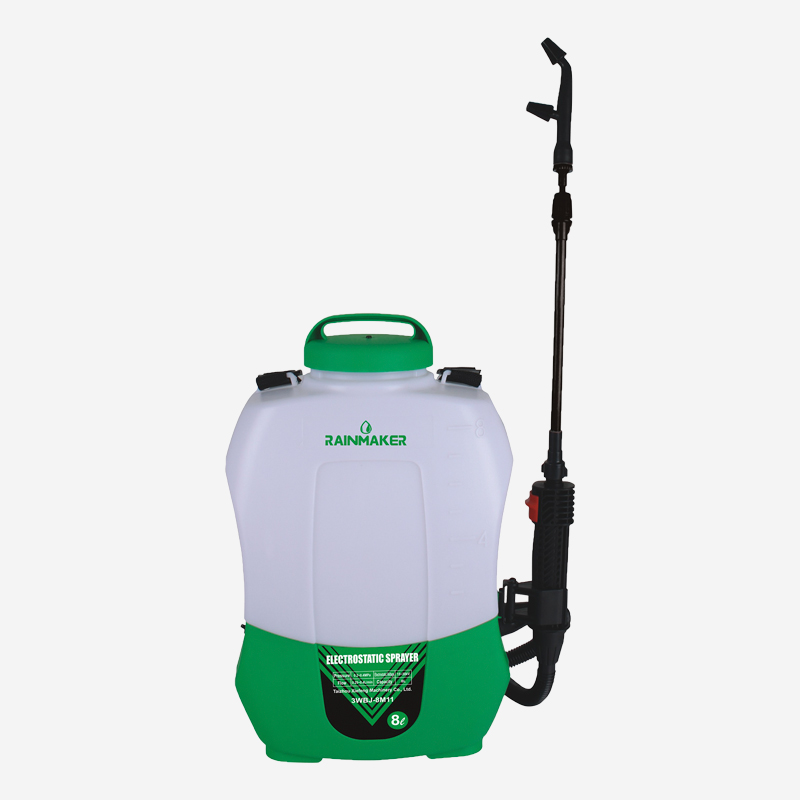We need to prepare a sprayer for spraying pesticides. Pesticides may be necessary to ensure bumper and healthy yields for many crops, but to date, the techniques used to spray them have caused considerable environmental damage. No matter where in the world they live, farmers are all too familiar with the catastrophic damage that pests and pathogens such as fungi and bacteria can cause. To safeguard the stability of the food production chain while safeguarding the livelihoods of these farmers, effective pest control is essential.
Spraying pesticides is a widespread and long-standing practice for growers of specialty crops, including apples. These chemicals are specifically designed to target and disable pests and pathogens. Today, there are a variety of techniques to spray insecticides quickly, easily, and cheaply over vast areas. These techniques include so-called "jet" sprayers, which use fans to push the spray into the canopy of perennial crops such as apple, nut, and grapevines.
However, pesticide spraying can also have unintended consequences. Because pesticides cannot distinguish between harmful and harmless organisms, they can harm or kill countless organisms that benefit crops and play important roles in local ecosystems. To make matters worse, some pesticide sprays fail to hit their targets and drift away in the wind, potentially falling on farmers, farmworkers, and neighbors, endangering people's health and sparking lawsuits. As growers, researchers and consumers become more aware of these risks, the call for more sustainable pesticide application techniques is growing.










